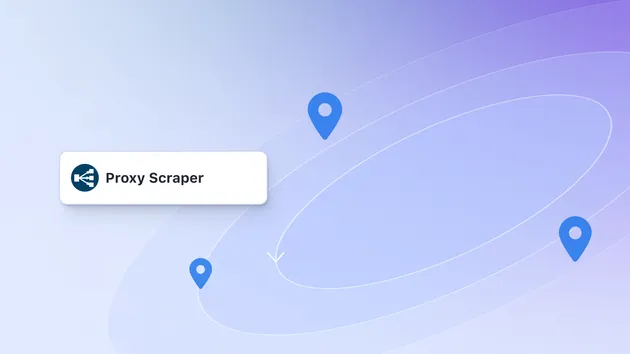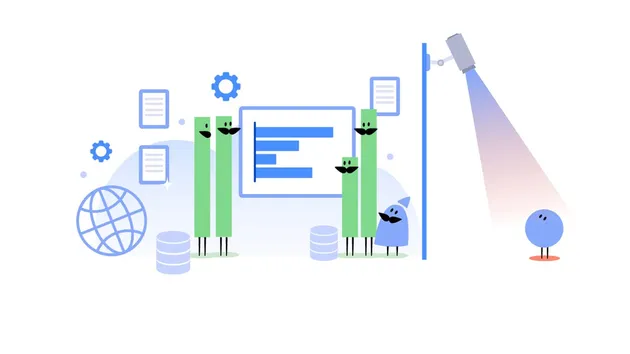Find IPs from Proxy Groups
Pricing
Pay per usage
Go to Apify Store

Find IPs from Proxy Groups
Simple actor to list IPs that you have allocated in any of your proxy groups. You have to specify the total count of the IPs you have in the groups you want to test for this to work properly.
Pricing
Pay per usage
Rating
0.0
(0)
Developer

Lukáš Křivka
Maintained by Community
Actor stats
4
Bookmarked
79
Total users
1
Monthly active users
2 years ago
Last modified
Categories
Share




